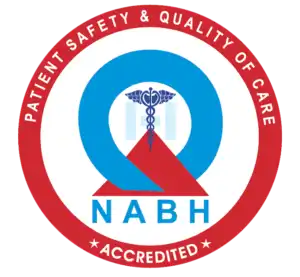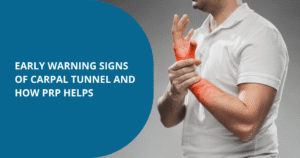Whether you sprint, jump, pivot or leap, foot and ankle injuries can bench even the most dedicated athletes. But what if a non-surgical knee pain remedy could fast-track healing? At Epione Bangalore, PRP (Platelet-Rich Plasma) therapy is emerging as a powerful tool for foot and ankle issues and recovery. Let us explore through how athletes bounce back quicker, regain strength and get back in the game – all this without surgery.
Common Foot and Ankle Injuries in Athletes
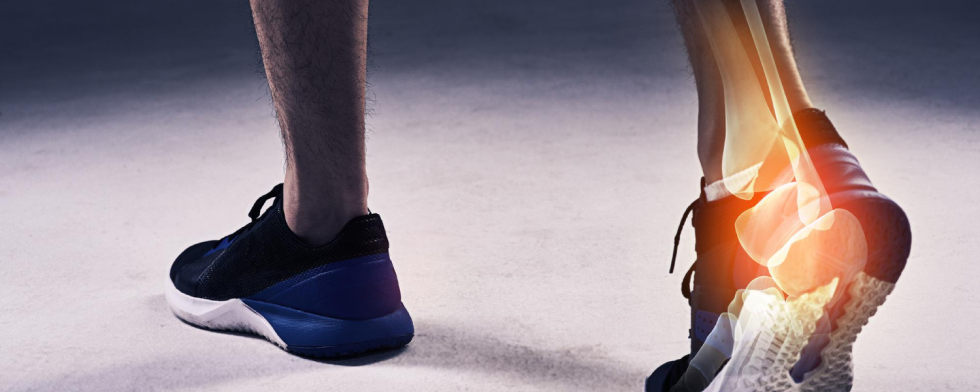
Foot and ankle injuries can commonly happen in sports like football, basketball, tennis, track or gymnastics. The common foot and ankle injuries in athletes are –
- Achilles tendinopathy from overuse
- Ankle sprains, particularly lateral sprains, occur during quick changes in direction
- Plantar fasciitis, causing heel pain with each step
- Stress fractures in the metatarsals or calcaneus
- Tendon tears or inflammation around the ankle or foot
Each injury slows your stride or side‑step and can lead you to seek knee pain treatment for compensation.
What is PRP Therapy?
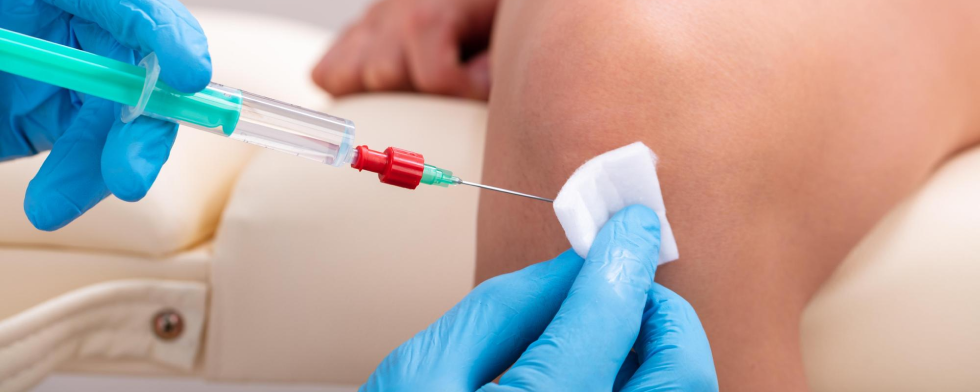
PRP therapy is an effective non-surgical treatment procedure that uses your own body’s healing ability. A small blood sample is carefully collected, processed in a centrifuge to concentrate platelets and then injected into the injured region. Packed with growth factors, PRP signals tissue repair and regeneration, all without cutting, implants or artificial substances. It is a modern approach to how athletes might pursue knee pain relief using natural solutions.
How PRP Injections Work for Foot and Ankle Injuries?
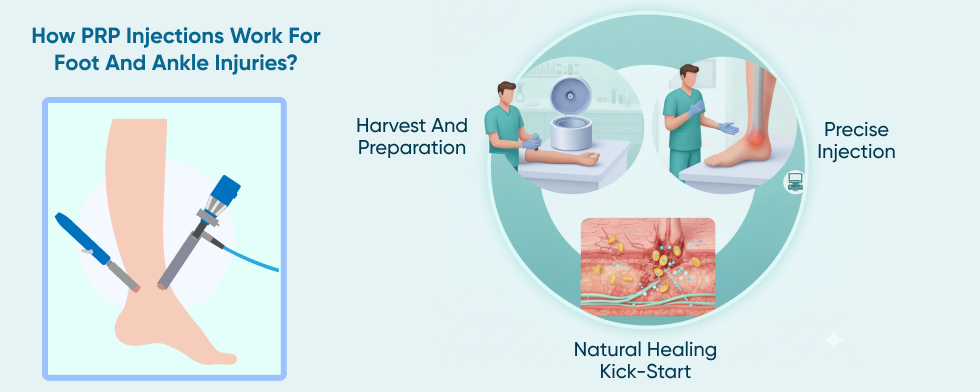
PRP injections deliver a high concentration of soothing healing agents into damaged tissue. Here’s how it works for foot and ankle –
- Harvest and preparation: A little blood is drawn and spun to isolate platelet-rich plasma.
- Precise injection: Under ultrasound or X-ray guidance, PRP is injected directly into injured ligaments, tendons or fascia.
- Natural healing kick-start: Growth factors like PDGF, TGF-β and IGF stimulate collagen synthesis, reduce inflammation and promote healing in soft tissues and bones.
The same principles of PRP treatment are effective against different types of knee pain, offering a regenerative boost and relief without surgery.
Benefits of PRP Therapy for Athletes
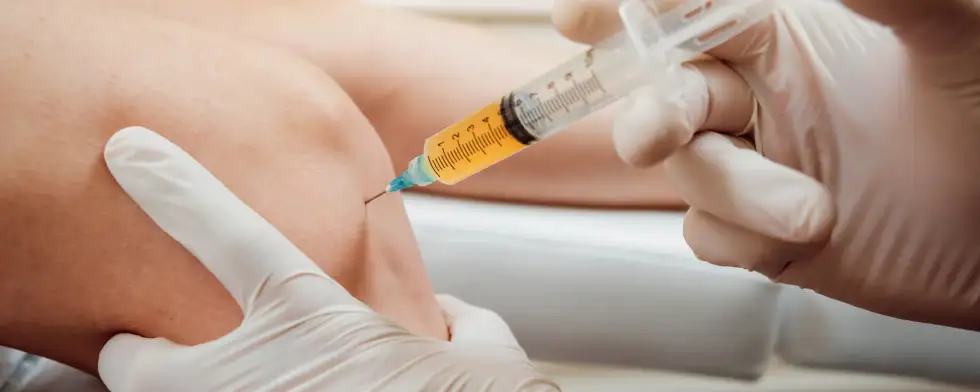
PRP therapy offers athletes many impressive benefits, like –
- Speedy recovery: Many athletes return to training sooner than expected.
- Natural approach: You are using your own blood; thus, low complication risk.
- Pain relief: Targeted treatment reduces pain and swelling, similar to effective knee pain prevention strategies.
- Tissue repair: Promotes regeneration of soft tissue, tendon or minor fractures
- No downtime: Unlike surgery, there is minimal interruption to daily life
For those who are looking for reduced discomfort, better function and avoidance of lengthy recovery, the PRP treatment outcomes are powerful.
What to Expect During and After PRP Treatment?
Here is what the PRP journey at Epione Bangalore looks like
- Initial consultation: We assess injury history, imaging and suitability.
- PRP session: Blood is drawn, prepared and injected under local anaesthetic. The appointment lasts about 45–60 minutes.
- Immediate recovery: Minor soreness or mild swelling may occur; you are free to rest at home shortly after.
- Follow-up care: Rest for 24 to 48 hours with activity gradually resuming. Physiotherapy and exercises start from day three to support healing and mobility.
- Progression: Within two to six weeks, most athletes report reduced pain and improved function. Full benefits continue to strengthen over several months.
- Maintenance: Depending on severity, 1–3 PRP injections spaced several weeks apart may be advised.
This strategy mirrors what athletes seeking knee pain treatment experience with PRP: a measured, regenerative route instead of surgical interruption.
Is PRP Right for You?
PRP isn’t appropriate for every injury, but it may be ideal if –
- You have tendinopathy, mild tendon tears or plantar fasciitis
- You prefer non-surgical procedures and want to avoid downtime
- You’ve experienced frequent knee pain previously and are familiar with regenerative treatment
- You have attempted physiotherapy and rest, but need more recovery momentum
- You are medically fit and free from active infection or blood-clotting issues
Our specialists at Epione assess if PRP fits your injury profile and whether combining it with physiotherapy, bracing or other conservative care is the best approach.
Conclusion
Foot and ankle injuries no longer mean a break or disappearing off the field or track. At Epione Bangalore, we blend scientifically supported, non-surgical PRP procedures with physiotherapy and customised recovery plans. Athletes benefit from faster return to performance, reduced pain and improved function. The procedure also ensures an enhanced healing boost without any complications.
While surgery still has its place in severe cases, PRP offers a strong alternative for less invasive recovery. If you are seeking to treat foot or ankle pain naturally, speed your return, or explore knee pain remedy options, Epione’s expert team is here to support you at every step.
Ready to heal your foot or ankle injury stronger with PRP treatment? Visit our official website to book a specialised consultation for you today!
